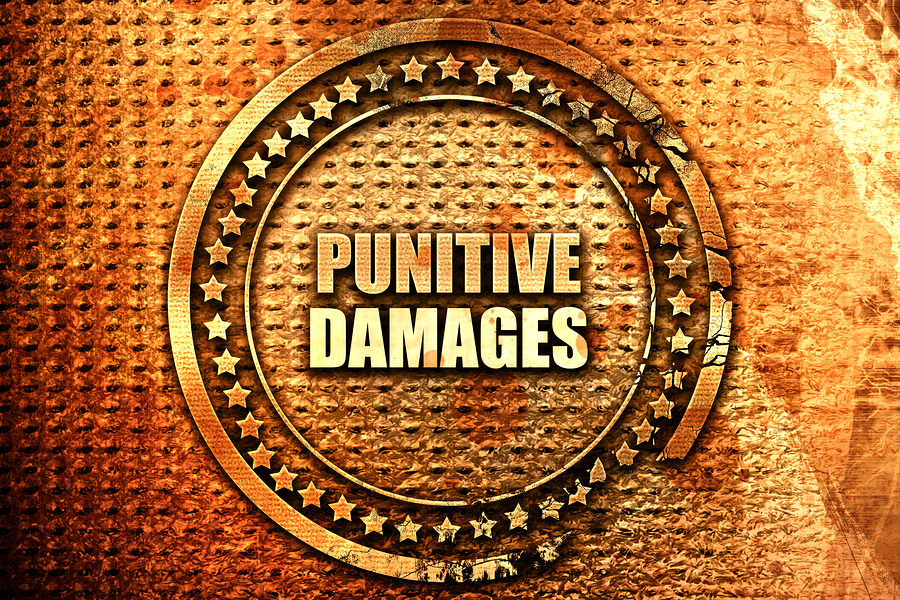When it comes to personal injury settlements, there are two primary categories of financial payment (damages) awarded to victims or survivors of victims: general damages and special damages. Such damages are awarded based on the specific losses incurred by the claimant or claimants.
Continue below for a brief description of general and special damages, including how they compare to one another and where you can find more information pertaining to your recent, wrongful accident in Indiana.

The Purpose of Personal Injury Damages
Under tort law, when a person is a victim of negligence, which a is a failure to use reasonable care, a judge or jury may award damages to compensate them for their injuries and losses. Such damages can range from lost paychecks and medical bills to pain, suffering, and more. To measure the value of damages, a court must consider the losses and injuries of an accident victim’s body, mind, property, and overall quality of life. Personal injury settlements are designed to help accident victims or surviving family get back to the same state of life they were in before the accident and to fairly compensate the victim for what they experienced and will experience in the future.
Although there are several types of personal injury damages that may be awarded in a settlement, the two main categories are general damages and special damages.
Special Damages
Also referred to as compensatory or economic damages, special damages are the calculable to a large extent, losses suffered by a personal injury victim. They include hospital bills, medical expenses, lost wages from missing work, mileage to and from doctor’s appointments, property damages (in some cases), and similar precise values that can be added up with a calculator.
General Damages
General damages are also referred to as non-economic damages. These are damages that cannot be measured by a calculator, such as pain, suffering, metal anguish, PTSD, prolonged physical therapy or medical treatment, permanent disfigurement or scarring, and other conditions that cause a personal injury victim to lose overall enjoyment of life.
It is common for a personal injury victim to be entitled to both kinds of damages. Additional categories of damages that may be awarded in a personal injury lawsuit include punitive damages and future damages.
How to Determine Your Damages and Losses After an Accident
If you are wondering which damages you or your family are entitled to after being seriously injured in a wrongful accident, it is necessary to consult with an experienced Indiana personal injury lawyer. Accident attorneys can provide a free case evaluation that will allow you to discuss your questions and concerns with a licensed professional.
There are many ways a personal injury lawyer can prove your damages. You should save all medical bills, receipts, and any other type of documentation that shows the effects of your injuries. You should also save records showing when you missed work. You attorney will also help in obtaining the information for your claim.
Not sure which personal injury attorney in Indiana to choose for help you with your case? Contact the Law Office of Craven, Hoover, and Blazek P.C. at 317-881-2700 to schedule a free case evaluation with a seasoned Indianapolis Indiana accident attorney you can trust to recover the settlement or verdict you deserve. We represent victims all throughout the state of Indiana and Indiana residents injured in other states.
Related Posts:
Can I Receive Personal Injury Compensation Without Filing a Lawsuit?
The Difference Between General Damages and Punitive Damages
Legal Facts About Pain and Suffering Damages in Indiana



